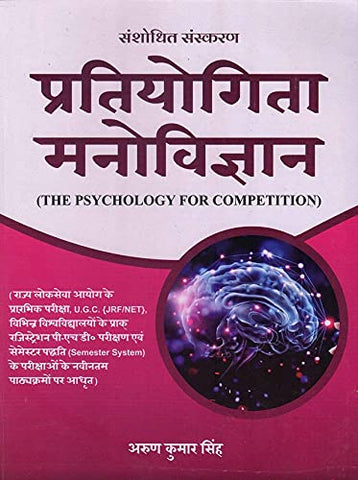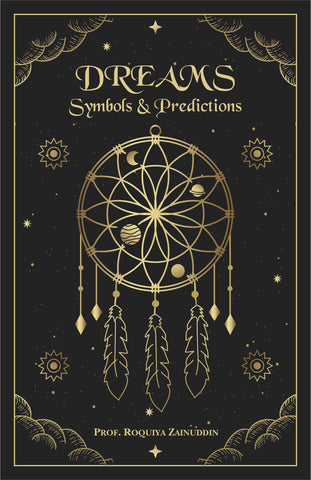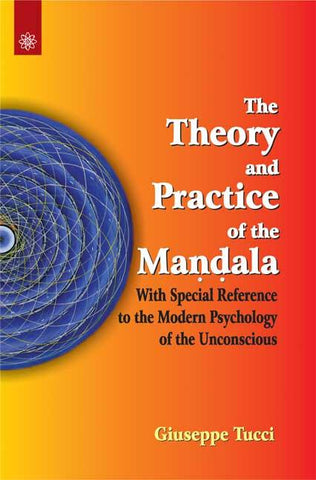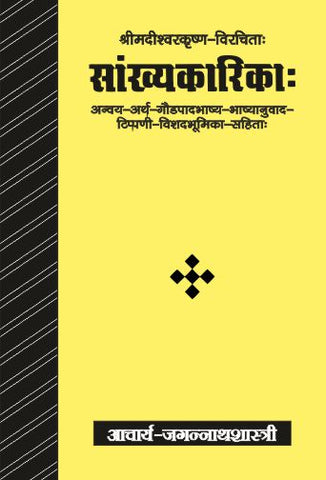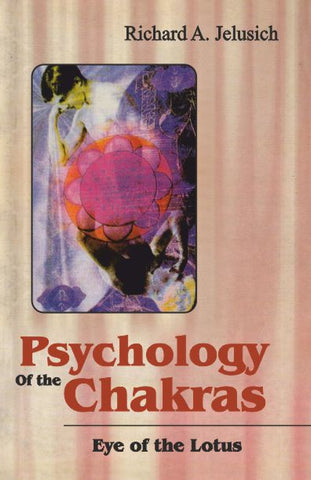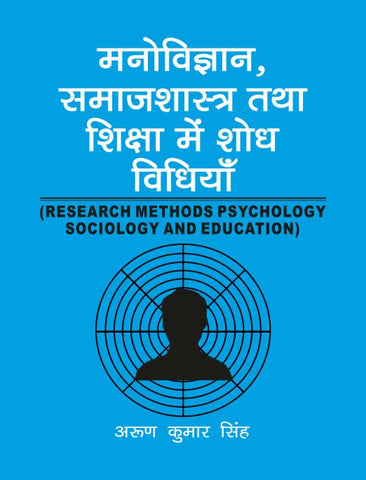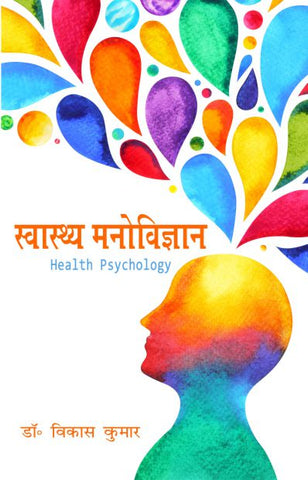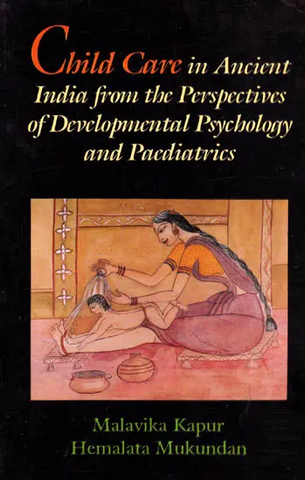Your cart is empty now.
Arranged in three parts the specific concern of this work is a reference to concrete and abstract objects: what such reference consists of, and how we achieve it.
Part I is a statement of general psychological presumptions regarding perception and learning. The underlying notions of cause and disposition are examined in a philosophical spirit.
Part II comes firmly to grips with the nature of reification and reference. Stages of reification - rudimentary to full-fledged _are sorted out. The full phase is heralded by the use of the relative clause with its relative pronoun and subsidiary pronouns. It is these pronouns that recur in logical notation as the bound variables of quantification.
Part III concludes with a conjectural sketch of the development of reification in the race and the individual.
W.V. QUINE (1908-2000), mathematician and philosopher, held the Edgar Pierce Chair of Philosophy at Harvard University from 1956 to 2000. Over the last half century his literary output was prodigious in such areas as mathematical logic, set theory, the philosophy of language and the philosophy of logic. His best known works include The Ways of Paradox, Mathematical Logic, Set Theory and its Logic, Quiddities and his most influential Word and Object.
Quine made many contributions to logic, but in his philosophical writings he focused on meaning and existence the age-old concerns of philosopher-man - and he thus continued the traditions begun by the ancient greeks.
Relatively little mystery enshrouds the ways in which we learn to utter observation sentences, and to assent to them or dissent from them when asked. Speaking of objects, however-abstract objects, physical objects, or even sensory objects-is neither so quickly achieved nor so readily accounted for. To speak of objects beyond peradventure the child must master a considerable apparatus of linguistic particles-same', 'another', 'that', 'it', and the plural-s', and more-that are inaccessible at the level of observation sentences. In Word and Object (p. 93) I wrote that The contextual learning of these various particles goes on simultaneously, we may suppose, so that they are gradually adjusted to one another and a coherent pattern of usage is evolved matching that of society. The child scrambles up an intellectual chimney, supporting himself against each side by pressure against the others.
Understandably unsatisfied by so brief and metaphorical an account of the matter, I have pondered it further; and the result is the present essay.
I began it early in 1970, on being invited to give the Paul Carus Lectures at the end of the next year. By the summer of 1971 my ideas had taken the form of a hundred-odd pages of rough draft, and these I expounded in the course of the Summer Institute of Philosophy at Irvine. The lively critical response, especially on the part of Gilbert Harman, Donald Davidson, Oswaldo Chateaubriand, David Kaplan, Richmond Thomason, Edwin A. Martin, Jr., and Stephen Stich, was of great value to me and sparked substantial revisions. Some of my indebtedness is specified at appropriate points in the book. From the revised manuscript I abstracted the three Carus Lectures for oral presentation at a meeting of the American Philosophical Association in New York, December, 1971. Since then I have revised and ex- tended the little book.
I presented portions of an interim draft at Valencia last April in a lecture entitled "Reflexiones sobre el aprendizaje del languaje." This appeared soon after in Teorema. The Hägerström Lectures, which I am to give at Uppsala next month, will be based on the finished book.
I have been helped by comments on various stages of the manuscript from Dagfinn Føllesdal, Richard Herrnstein, Robert Harris, and especially Burton Dreben. The work was supported by the National Science Foundation under Grant GS2615.
By Professor Nelson Goodman to First Carus Lecture by Professor Quine.
The title of Professor Quine's best-known philosophy book is Word and Object. From the title of these lectures, I gather he is going to discuss an important relation of words to objects-or better of words to other objects, some of which are not words or even better, of objects some of which are words to objects some of which are not words. I am sure that in every case the exact degree of opacity of reference will be made entirely transparent, even though the roots of reference must be an even dirtier subject than reference itself, which as we all know is dirty enough.
In Professor Quine's many encounters with reference he has always insisted on such sterling principles as: "Don't refer to what isn't"; "Don't suppose that merely by talking you are saying anything about anything"; but on the other hand, "If you do say something about something, don't think you can escape the consequences by saying you were only talking."
I have no idea what the roots of reference are, but I suppose that whatever has powers, as reference does, also has roots. But here I am probably guilty, in the language of Method of Logic, of making, in the full sweep of a fell swoop, what amounts to a full swap or even a foul swipe.
Your attention need not be called to Quine's remarkable productivity. In this era of control, it is positively indecent. He gives birth to an important new book more often than the Old Farmer puts out a new Almanac. His articles are by now in- denumerable. And it is high time for a meta-anthology drawn from the anthologies of his own works already published.
But my pleasure in yielding the platform to Professor Quine arises not because he is a very distinguished philosopher but because he is a very distinguishing one.
Delivery and Shipping Policy
- INTERNATIONAL SHIPPING
- Rs.1000-1100/kg
- ESTD. Delivery Time: 2-3 weeks (depending on location)
- Bubble Wrapped with Extra Padding
- NATIONAL SHIPPING
- NCR: Rs. 30/half kg
- Standard: Rs. 80/half kg
- Express shipments also available on Request
- ESTD. Delivery Time: Ranging from 1-4 days up to 7 business days (Depending on your choice of Delivery)
- TRACKING
- All orders; national or international, will be provided with a Tracking ID to check the status of their respective orders
- Depending on the Shipping Service, Tracking ID may be used on their respective tracking portals
Frequently Asked Questions (FAQs)
Domestic Shipping: 3-4 Days (after shipping)
International Shipping: 1-2 weeks (based on your location)
You will receive an email once your order has been shipped or you can email us if you didn't receive tracking details (info@mlbd.co.in)
Every book that we sell is the latest edition except all the rare books
Yes, we do provide free shipping, only on domestic orders (within India) above Rs.1500







